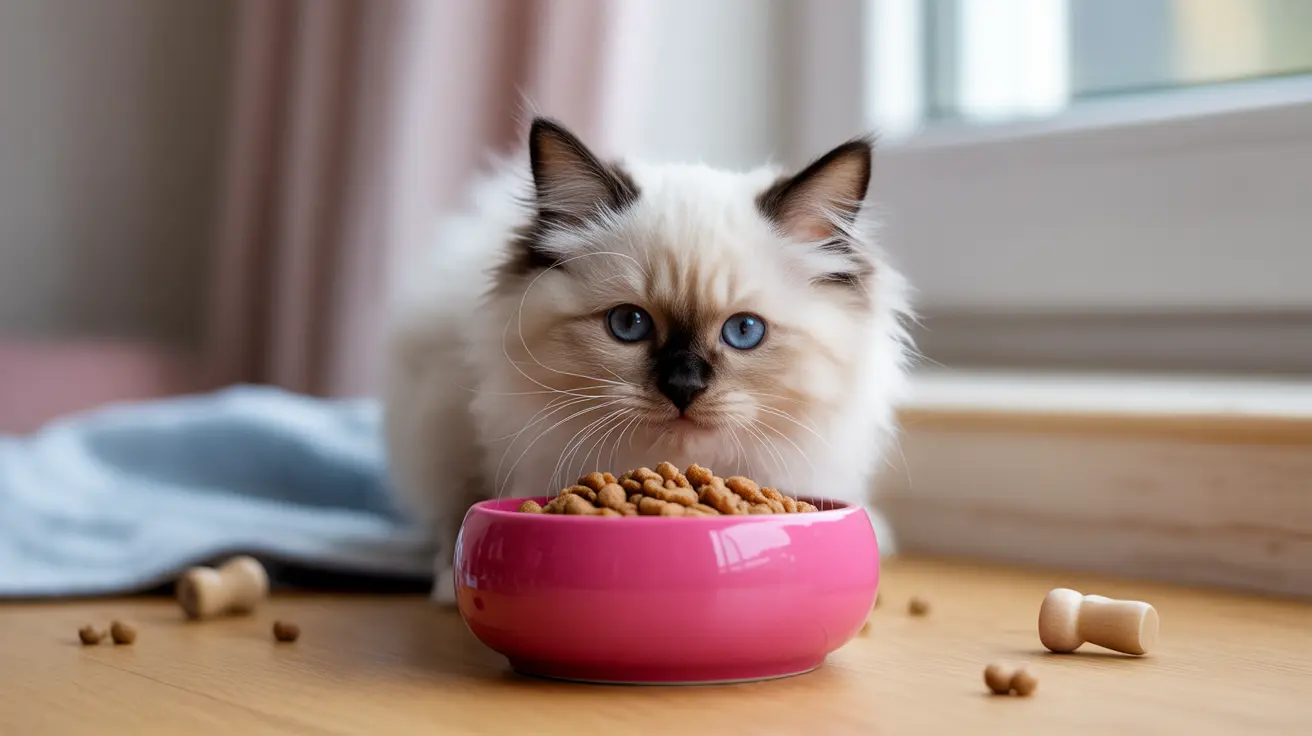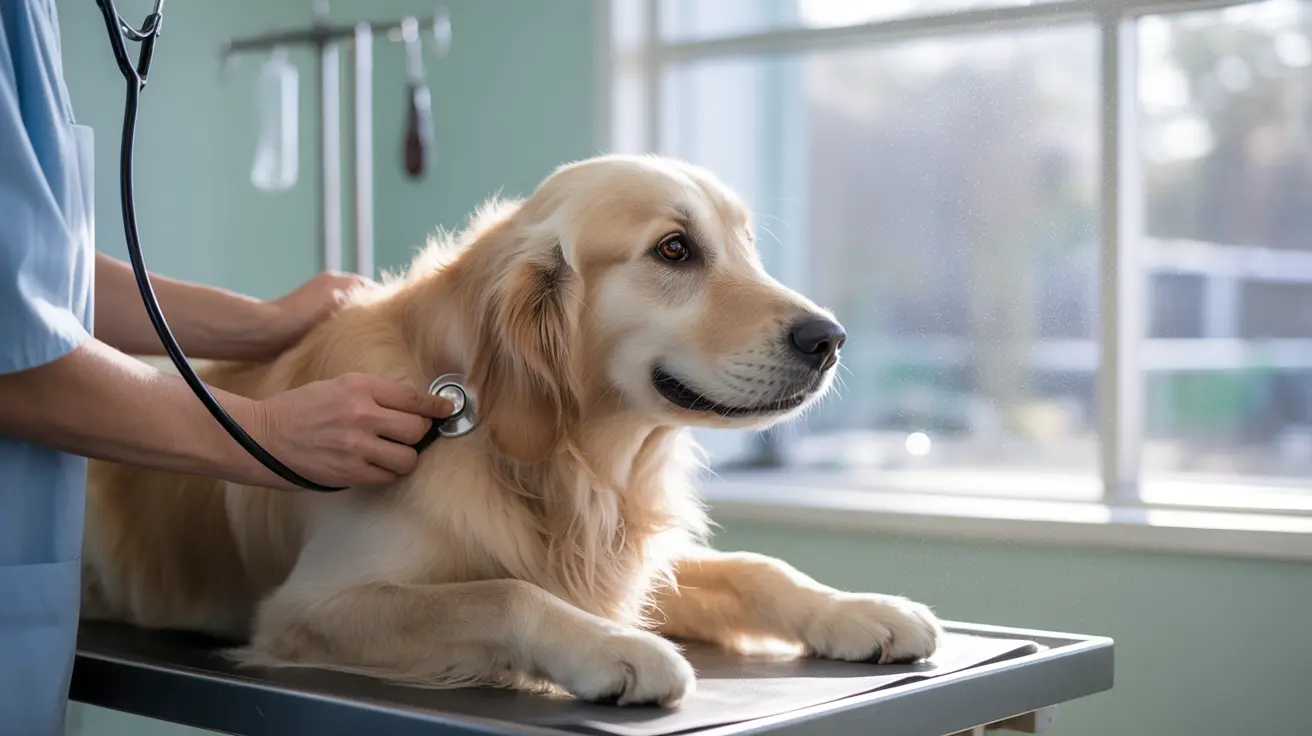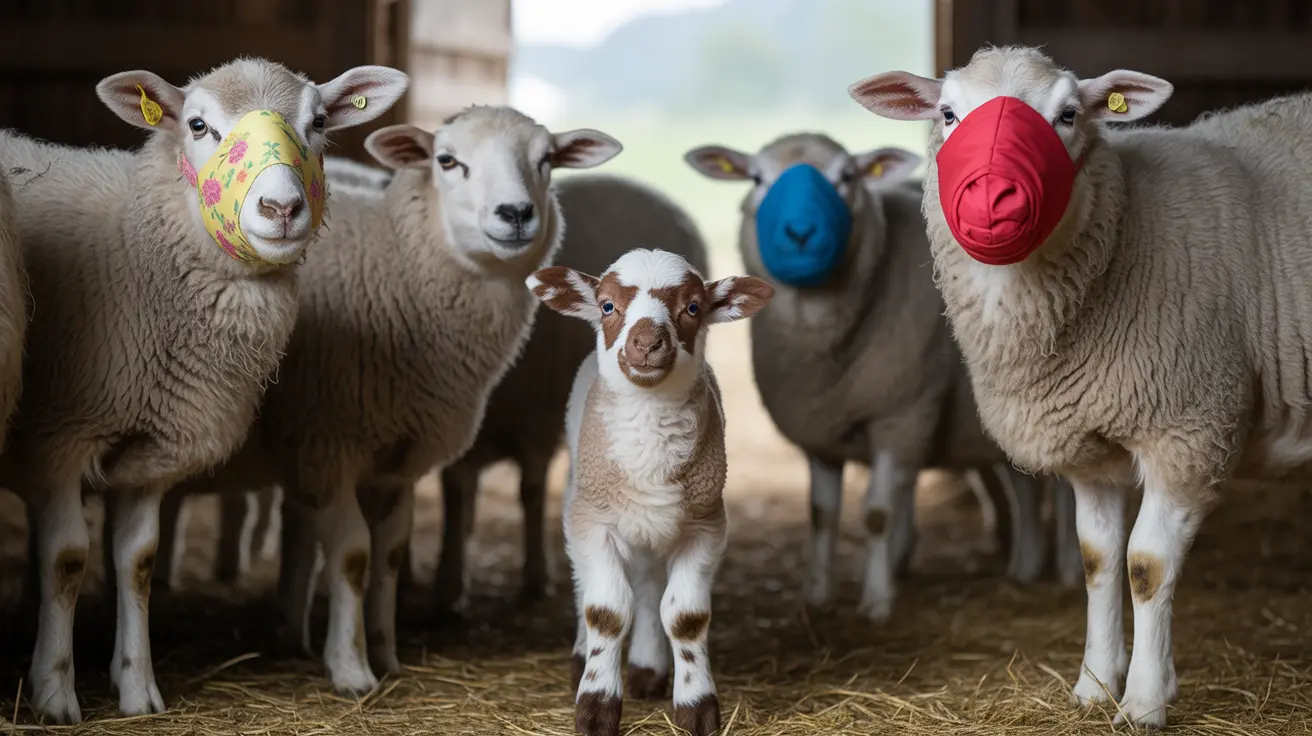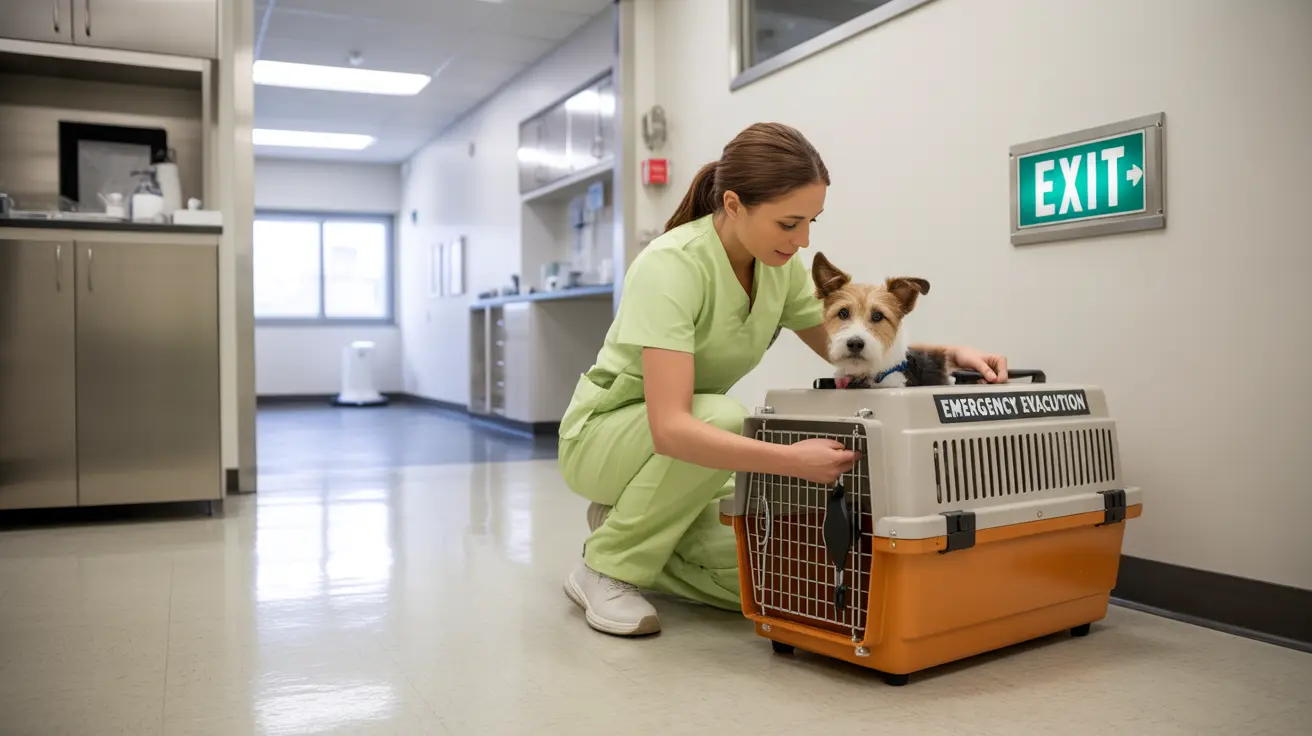As pet parents, one of our most important responsibilities is ensuring our furry companions receive proper nutrition throughout their lives. The nutritional needs of your animal vary significantly at different life stages, making it crucial to understand and adapt their diet accordingly. From energetic puppies to senior pets, each stage requires specific nutritional considerations to support optimal health and longevity.
In this comprehensive guide, we'll explore how your pet's nutritional requirements evolve throughout their life journey and provide expert insights on meeting these changing needs effectively.
The Crucial Growth Stage: Puppy and Kitten Nutrition
During the early months of life, puppies and kittens require significantly more calories and nutrients per pound than adult pets. This increased need supports their rapid growth, brain development, and immune system formation.
- 2-3 times more calories per pound than adult pets
- Higher protein levels (28-30%) for muscle development
- Increased calcium and phosphorus for proper bone growth
- Essential fatty acids for brain and eye development
Adult Pet Nutrition: Maintaining Health and Vitality
As pets reach adulthood, their nutritional needs shift from supporting growth to maintaining optimal health. Adult pets require balanced nutrition that provides steady energy while preventing excess weight gain.
- Moderate protein levels (18-25%)
- Balanced fat content
- Appropriate fiber for digestive health
- Vitamins and minerals for immune support
Senior Pet Nutrition: Supporting Aging Bodies
Senior pets often face unique challenges that affect their nutritional needs. Their metabolism typically slows down, and they may develop age-related health conditions requiring dietary adjustments.
- Lower calorie content to prevent weight gain
- Higher fiber levels for digestive health
- Glucosamine and chondroitin for joint support
- Increased antioxidants for immune function
Special Considerations for Different Life Stages
Beyond age-related needs, several factors influence your pet's nutritional requirements:
- Activity level and exercise routine
- Breed size and genetic predispositions
- Overall health status and existing conditions
- Environmental factors like climate and living conditions
Transitioning Between Life Stages
When moving from one life stage to another, gradual dietary transitions are essential to prevent digestive upset. A typical transition should take 7-10 days, slowly increasing the proportion of new food while decreasing the old.
Frequently Asked Questions
Why do puppies and kittens need different food than adult pets?
Puppies and kittens need specially formulated food because they require higher levels of protein, calories, and specific nutrients to support their rapid growth and development. Their food contains more calcium, phosphorus, and essential fatty acids necessary for proper bone growth and brain development.
How do I determine the right amount of calories for my pet based on their life stage?
The correct caloric intake depends on your pet's age, size, activity level, and metabolism. Consult with your veterinarian to calculate specific requirements, and always follow feeding guidelines on pet food packaging, adjusting portions based on your pet's body condition.
What are the key nutritional differences between puppy/kitten food and adult pet food?
Puppy/kitten food contains higher levels of protein, fat, and calories, plus additional minerals for bone development. Adult food has moderate protein and fat levels focused on maintenance rather than growth, with balanced nutrients for ongoing health support.
How often should I feed my puppy or kitten, and what are the signs of nutritional imbalance?
Young puppies and kittens should eat 3-4 times daily, gradually reducing to 2-3 meals by six months. Signs of nutritional imbalance include poor growth, weak bones, dull coat, lethargy, and digestive issues.
What are the nutritional adjustments needed for senior pets, and how can I ensure they receive the right diet?
Senior pets typically need fewer calories but maintained protein levels to prevent muscle loss. Look for foods with added joint support, increased fiber, and antioxidants. Regular veterinary check-ups can help monitor their nutritional needs and adjust their diet accordingly.
Conclusion
Understanding how your pet's nutritional needs change throughout their life stages is essential for providing optimal care. Regular consultation with your veterinarian, coupled with careful attention to your pet's health and condition, will help ensure they receive appropriate nutrition at every stage of life.






